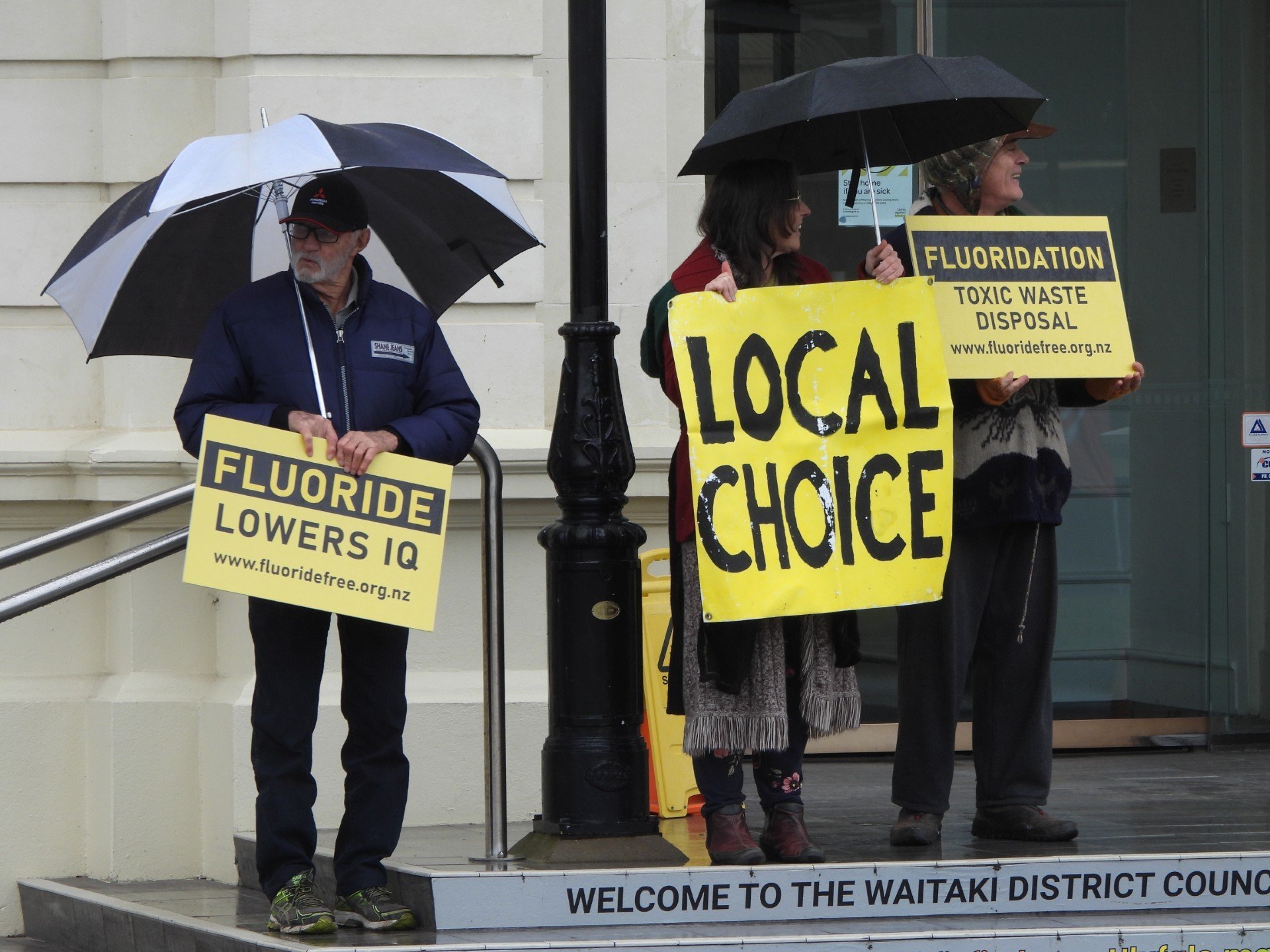
It began fluoridation in Oamaru the week before last after the water plant equipment was certified for fluoride purposes.
Between 0.7ppm (parts per million) to 1ppm is to be added in accordance with the directive from director-general of health Dr Diana Sarfati.
The Oamaru Mail asked council staff last week if the process had been going smoothly or if there had been any "kick-back".
A council spokesman said fulfilling the official requirement to add fluoride was "still in the commissioning process".
"There is a level in there at the moment, 0.2ppm or below, to make sure the setup is right.
"Once that is complete that [dose] will increase to 0.7ppm or above," the council spokesman said.
At the same time the council had been receiving a few local government Official Information Act requests about the fluoridation issue from members of the public.
A response to one of those had now been released on the council’s website.
It included a description of the specific chemical name of the fluoride product now being added to the water — hydrofluorosilicic acid (HFA).
The council also provided in its response a copy of the safety data sheet applicable to HFA.
It also said the parts per million for the dosage would be constant and at the rate of 0.8ppm, "as specified in agreement with the director-general".
The HFA was being added in liquid form.
Fluoride Free Waitaki remains opposed to the directive.
It held a "fluoride information session" recently in which the auditorium at Reach Church was packed to view a New Zealand-made documentary.
The audience heard from two Oamaru speakers, dentist Dr Dennis Hunt and barrister Katherine Henry.
Dr Hunt said the main thing for avoiding dental decay was the amount and timing of sugar intake and for many years, his family had not even used fluoridated toothpaste.
Mrs Henry suggested the council should write back to the director-general to raise its own concerns about the ordered Bill of Rights Act analysis not having been done, and seeking confirmation that it would not be prosecuted until it was.
By Brendon McMahon and Nic Duff











